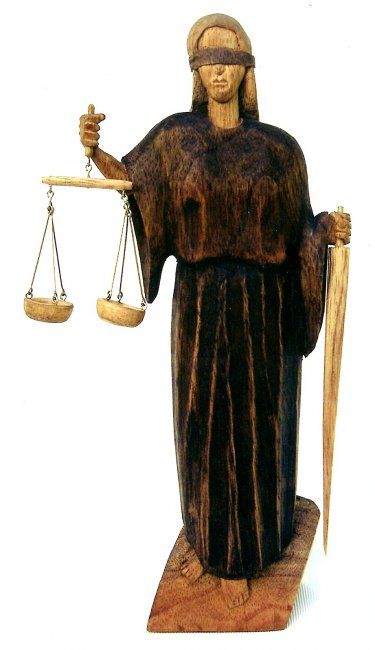"Charity is no substitute for justice withheld."
-Saint Augustine
Management and Dissolution of a Corporation
(part B)
(part B)
by
Charles Lamson
Rights of Stockholders
The stockholders of a corporation enjoy several important rights and privileges.
 | ||

|



No comments:
Post a Comment